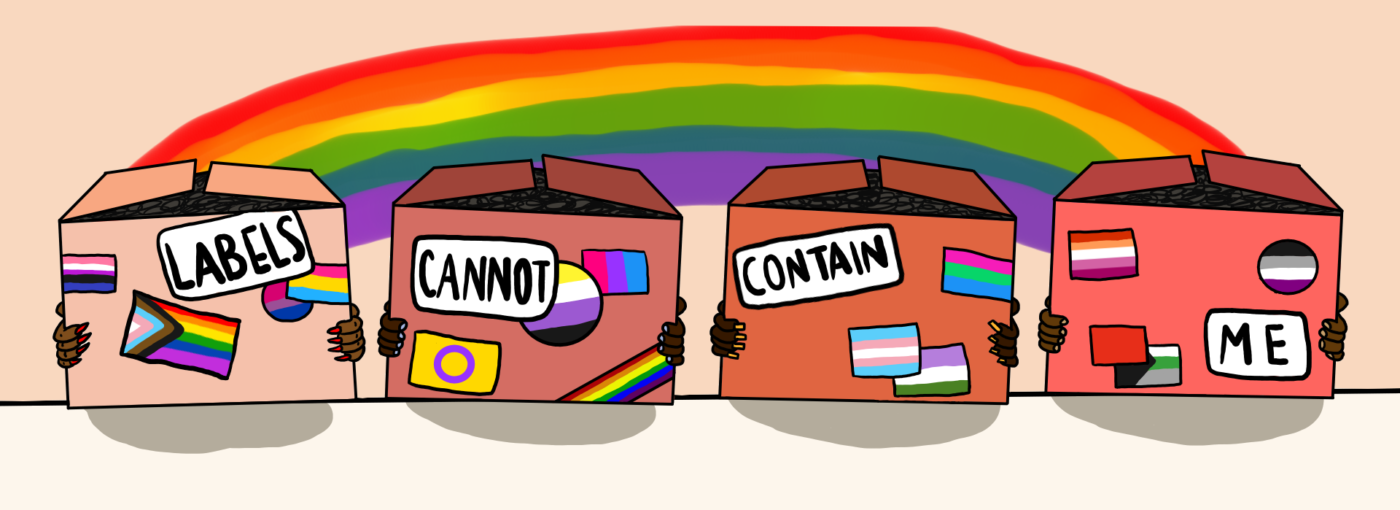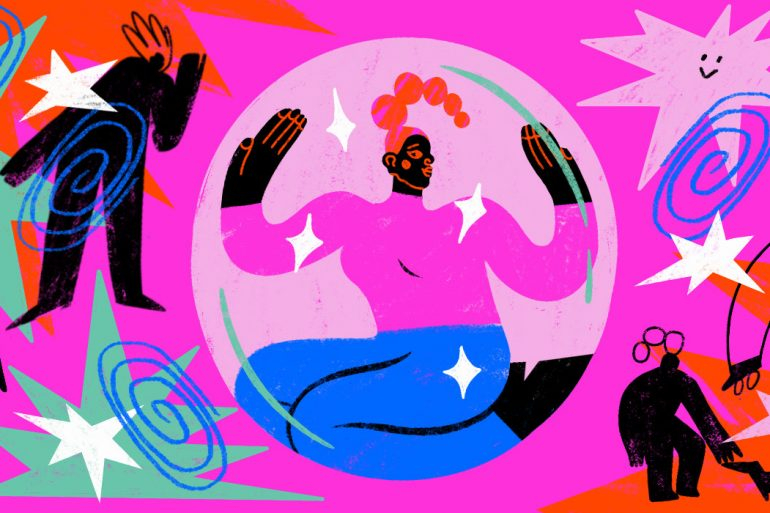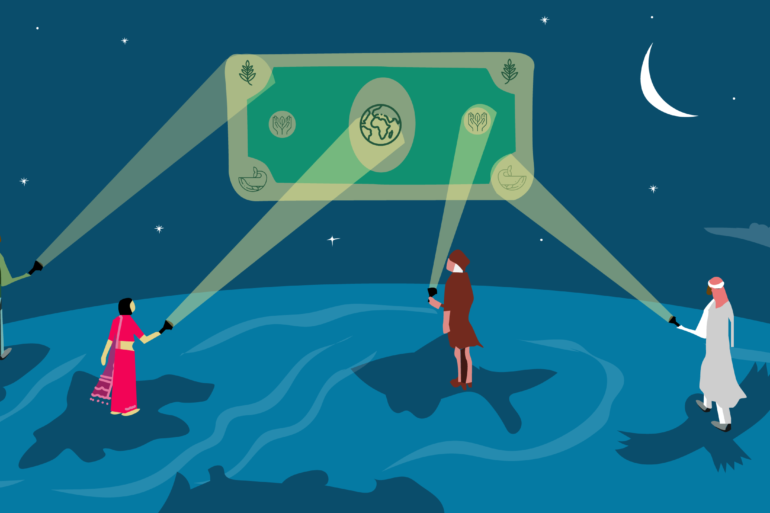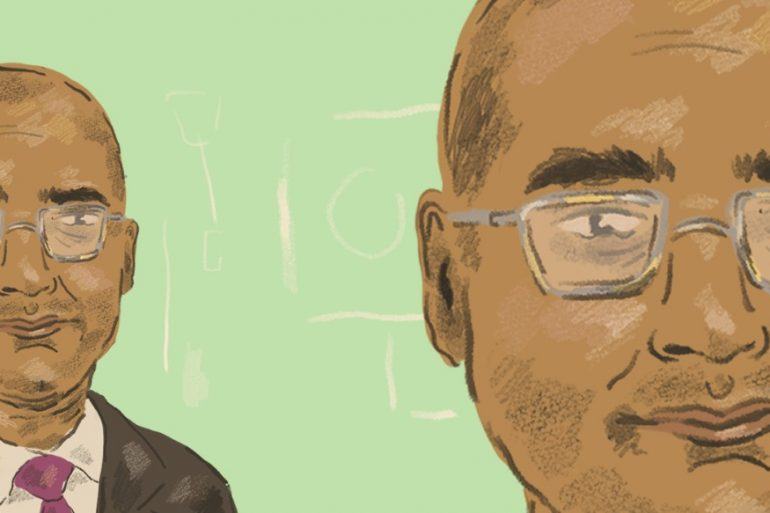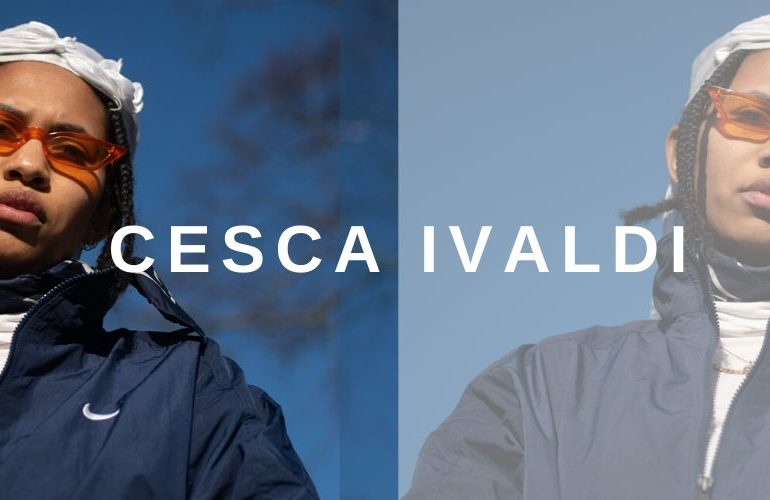As an activist for the LGBTQIA community, you would imagine that I spend a large portion of my time championing transgender rights, sharing petitions and educating allies on key areas. Yet in 2020, 40-60% of all my activism interactions are spent explaining my gender identity, and what term I use to refer to it. To be totally honest, this is all a bit exhausting, and it has been going on for years.
In my personal development of my gender identity, labels have helped me vocalise my identity , and were a big part of discovering who I truly am, and this will be the case for so many members of the queer community. However, beyond that, labels don’t play a massive part in our lives.
Yet the media and the society around us are obsessed with labels, it is very much a dead-end conversation, and makes me feel like a slide under a microscope. We exist under these loose terms such as non-binary, but no two non-binary people will be the exact same, thus grouping understanding of people using labels is arbitrary and means you ignore the beautiful individuality of the community.
Some may argue that this is a personal and isolated experience of the world, but I can assure you that this is not the case. Towards the beginning of the year, I was a guest on BBC 3 Counties Radio, discussing Liberal Democrat MP Layla Moran’s decision to come out as Pansexual. She had also decided to announce that she was running for party leadership, and was facing scrutiny for both decisions.
The host had never heard of the term pansexual, and even though I explained it more than once, they kept coming back to this need to define the label. The host went on to say that there would have been no fuss if Moran had simply announced the relationship, and not defined her sexuality. It smacked me as bigotry: a modern way of saying ‘I don’t care what you do, as long as you don’t do it near me’. The conversation never progressed past this, and frankly was the most frustrating interview I have ever given.
Many people have assumed that the BBC’s recent statement about staff attendance at all Pride events means that the BBC see Queer identities as a political entity, and is a debatable subject. This feeds into the issue of the media’s obsession with labels – and affects anyone who isn’t cis-gendered or heterosexual.
A quick background on labels in our society. Stuart Hall is the best person to explain this, and he has done so countless times (start with his 1997 collection of essays; ‘Representation: Cultural Representations and Signifying Practices’, and go from there). In short we, as humans, are inherently selfish, thus when we meet new people, we have to categorise them in our brains. We use a simple system of stereotyping, which makes assumptions and plonks us into neat boxes, and that person can move on with their self-obsessed life.
Suddenly labels make sense: they are the index card to the brain’s filing system. The media’s obsession with labels is essentially a lazy approach that gives the impression of understanding – but it’s toxic because it understands no one at all!
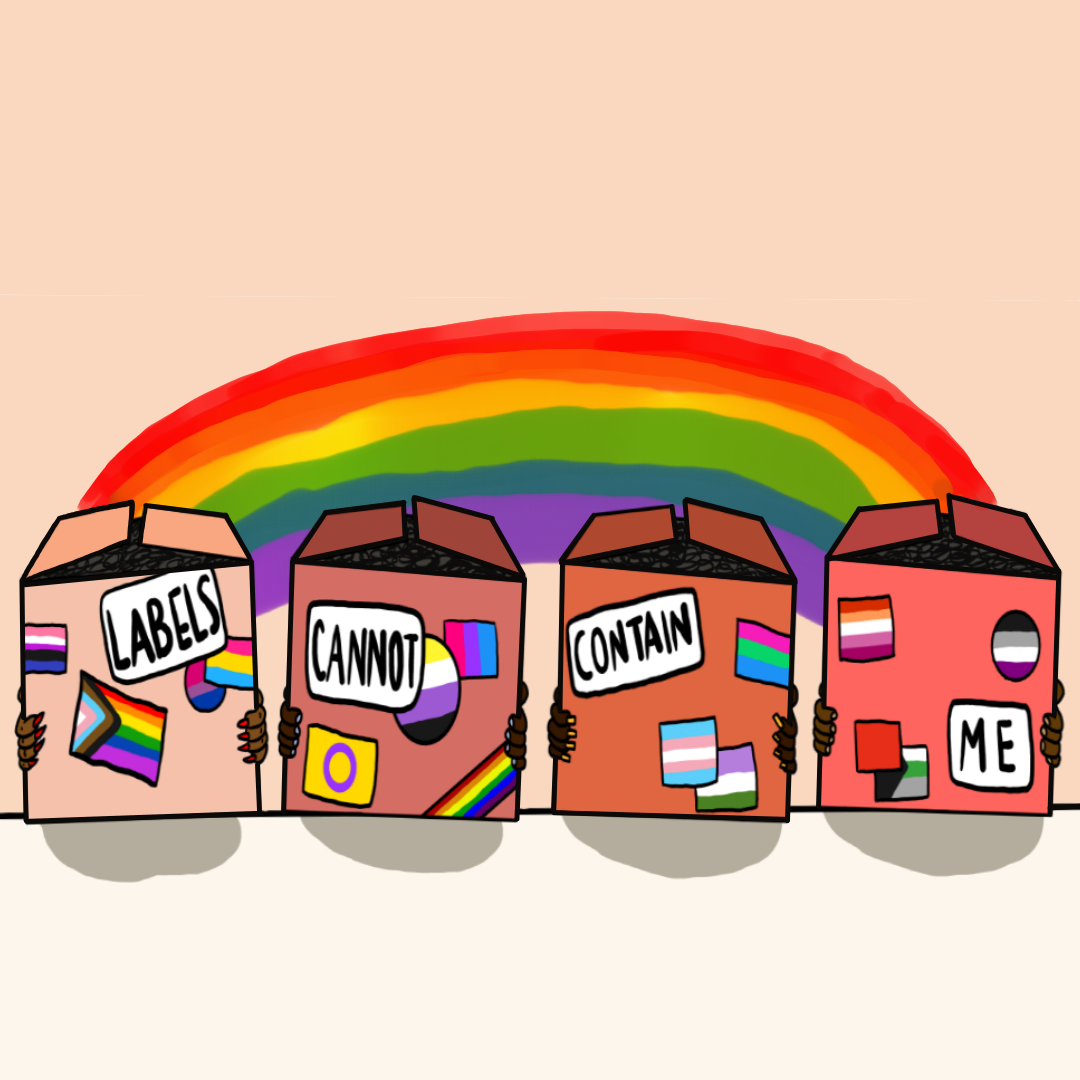
As people who do not prescribe to the binaries of gender, it is not our job to educate the world and the media about the way we identify and how our sexuality interacts with this – yet, it seems that there are now more questions than ever before. Unfortunately, this unwavering tide of information requests fall on the vocal members of our LGBTQIA community.
At this junction, it is important to make it clear that labels are important to all of us. When I found the terminology to use for my own gender identity, it was a key in the lock moment I treasure.
Non-binary is an inclusive term that gives me the comfort and confidence I lacked for two decades of my life. I understand what that means for me, but am also aware that my experiences and understanding of the term are not the same as other non-binary people.
So when I meet cis-gendered people obsessed with labels, I will spend time educating them on what being non-binary means to me. At this point, they happily absorb all this information, and then the next time they meet a non-binary person, will only use the information I provided to categorise and label that person.
However, this is dangerous because it negates the intersections that exist in our community: it erases experience, and it means that cis-gendered people police our existences if we somehow don’t fit their pre-ordained ideals about who we are, how we look, and how we act.
This is rife in television, radio, the fashion industry and consumer outlets such as clothing stores. For example, a television show presents a singular ideal of what it means to be non-binary and slap a label on that character, and suddenly this is the only way we are deemed to be acceptable, which then negates the diverse nature of the community. All of these new and concerted efforts to ‘understand’ all of us feels disingenuous and dangerous, because it removes the rich intersectional diversity that exists in our community, and makes many community members feel invisible.
This brings me to the crux of this issue; we don’t need you to understand us! I can imagine that this might sound like the opposite of what you think allies should do, but trust me, and please heed the words of a trans person who has vast experience of this issue. Do not try to understand us, instead LISTEN to us, and respect who we are as individuals, instead of seeing us as just a label. I am not a category to be filed away into a neat box, I am a living breathing human.
There is no way I could meet you today, and in 20 minutes, hope to know everything about you – so why would you try to do that when it comes to my identity? Instead, I would respect who you are, and allow you to claim space as a valid person. Surely LGBTQIA community members deserve this same level of respect?
Human existence isn’t easy, I get that. I am told all the time that being cis-gender is hard because you feel like ‘you are constantly getting it wrong’. Let me tell you that being trans and non-binary right now is truly hard. Our struggle to just exist means you owe us the right to be listened to, and you should allow us the space to live our lives.
Labels are great for a quick surface-level categorisation, but they ignore who people are, and we should move away from this obsession as we progress further into 2020.

Subscribe to shado's weekly newsletter
Exclusive event news, job and creative opportunities, first access to tickets and – just in case you missed them – our picks of the week, from inside shado and out.

See more of Ornella’s work on their instagram

